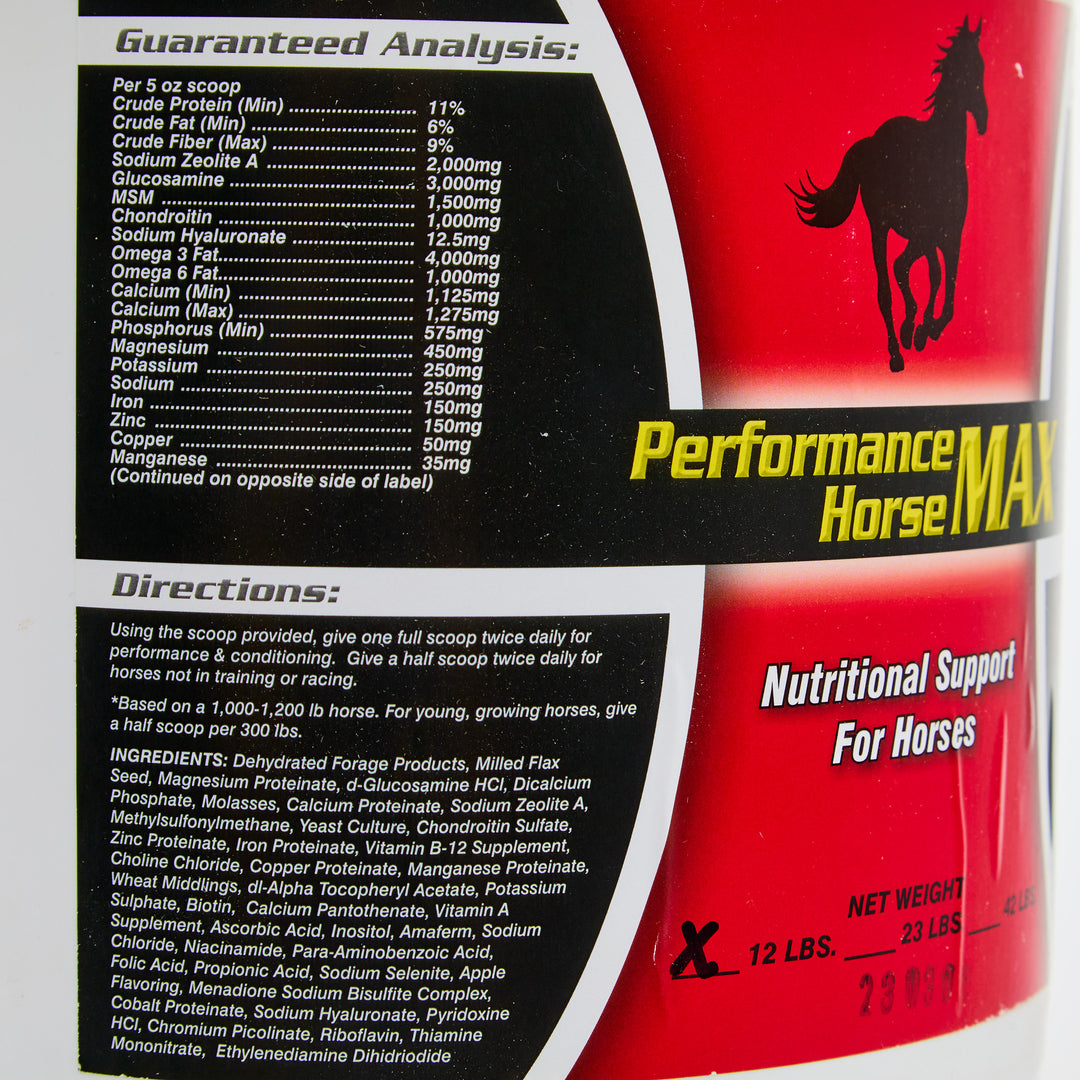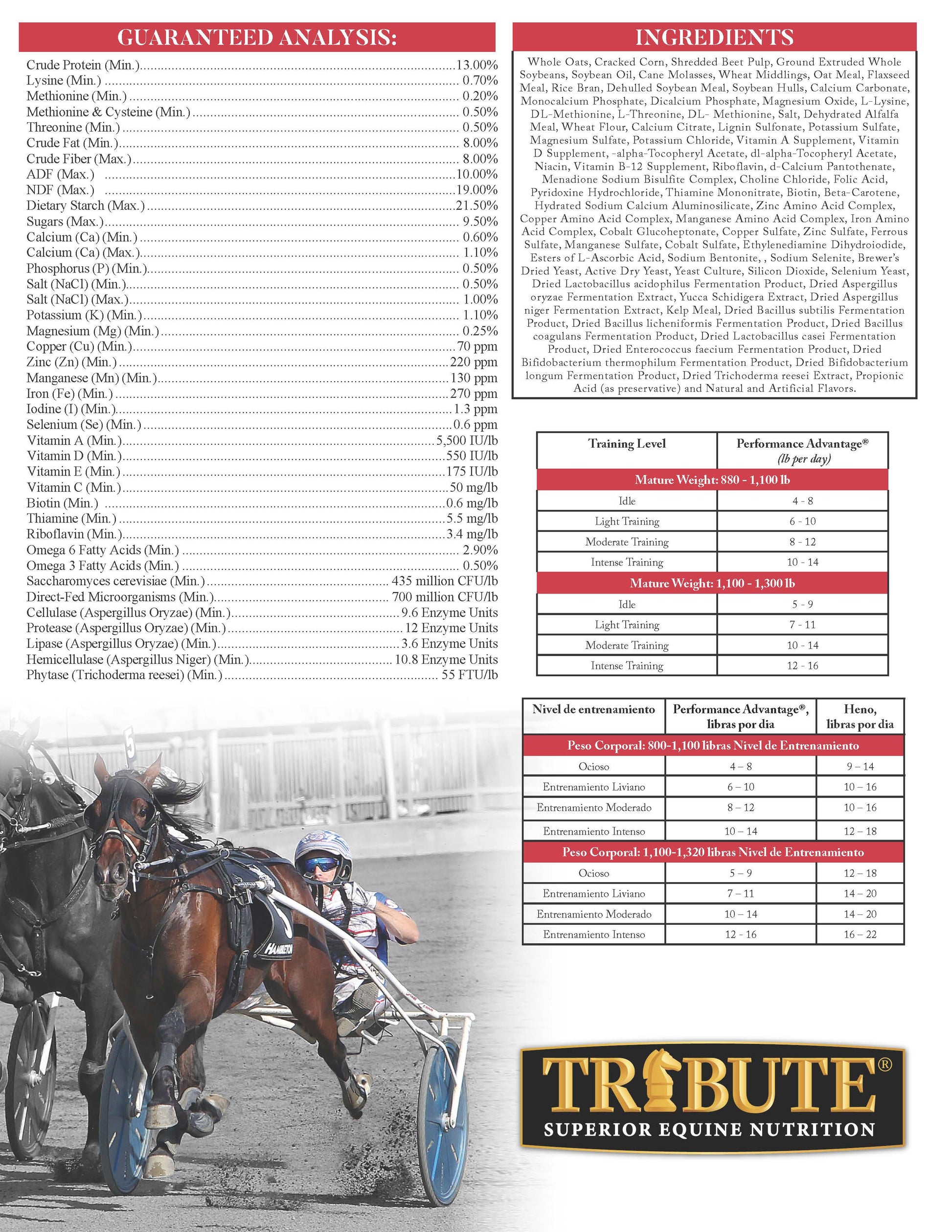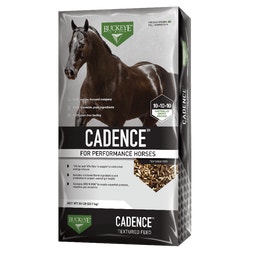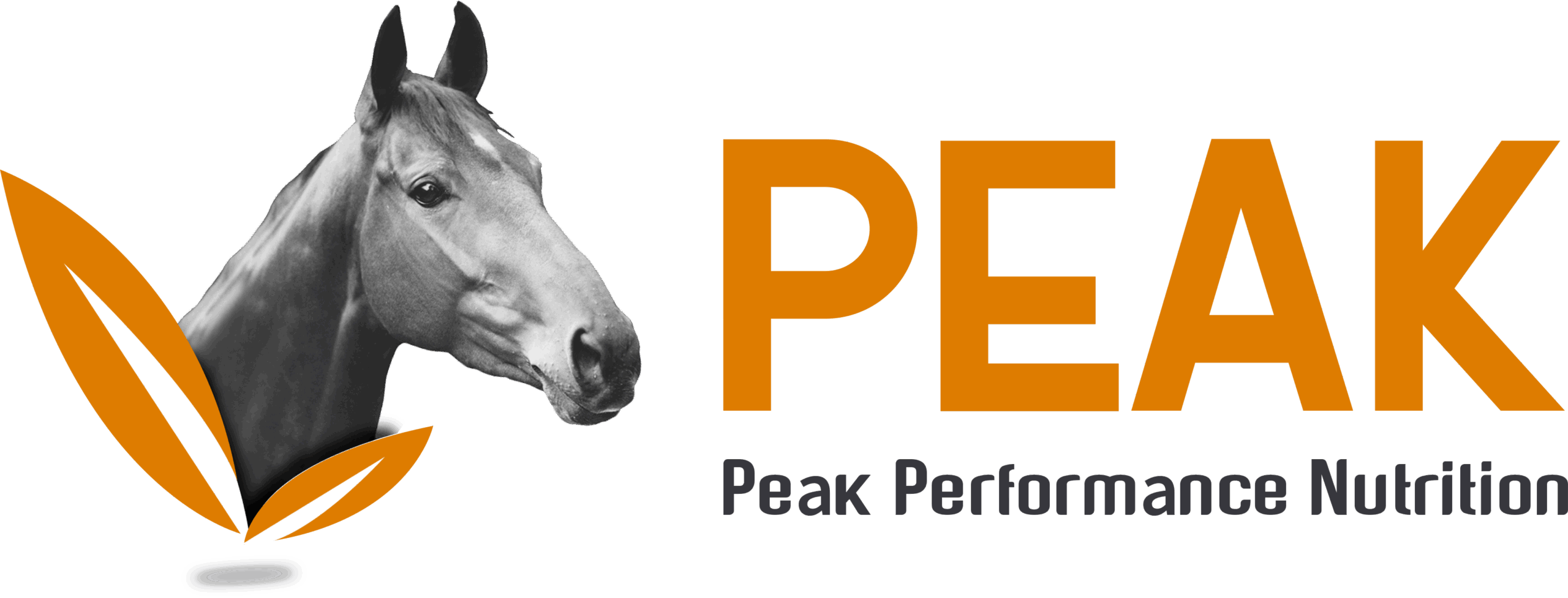Performance Horse Nutrition for Competition

Proper nutrition is crucial for performance horses competing at any level. It directly impacts their energy, stamina, recovery, and overall health. This article explores the key components of an optimal diet tailored for competition horses, including energy sources, protein needs, vitamins, minerals, and hydration strategies.
Key Nutritional Components

| Nutrient | Role in Performance | Sources |
|---|---|---|
| Carbohydrates | Primary energy source for intense exercise | Oats, barley, corn, hay |
| Proteins | Muscle repair and growth | Alfalfa, soybean meal, beet pulp |
| Fats | Concentrated energy, supports endurance | Vegetable oils, rice bran |
| Vitamins | Support immune function and metabolism | Fortified feeds, fresh forage |
| Minerals | Bone strength, muscle function, electrolyte balance | Salt blocks, mineral mixes |
Feeding Strategies for Competition Horses

- Pre-Competition: Provide easily digestible carbohydrates 2-3 hours before exercise to maximize glycogen stores.
- During Competition: Offer small amounts of electrolytes and water to maintain hydration and electrolyte balance.
- Post-Competition: Focus on protein and carbohydrates to aid muscle recovery and replenish energy reserves.
Hydration Importance
Maintaining optimal hydration is vital for thermoregulation and muscle function. Horses can lose significant fluids through sweat during competition, so access to clean water and electrolyte supplementation is essential.
Common Challenges and Solutions
- Overfeeding Energy: Can lead to weight gain and decreased performance. Balance energy intake with workload.
- Nutrient Deficiencies: May cause fatigue or poor recovery. Use balanced feeds and supplements as needed.
- Digestive Upsets: Sudden diet changes can cause colic or diarrhea. Introduce new feeds gradually.
FAQ
Q: How much should I feed my competition horse?
A: Feed according to body weight, workload, and condition. Typically, 1.5-2.5% of body weight in forage plus concentrates as needed.
Q: Can supplements improve performance?
A: Yes, supplements like electrolytes, amino acids, and antioxidants can support performance but should complement a balanced diet.
Q: When should I adjust my horse’s diet?
A: Adjust diet based on training intensity, competition schedule, and recovery needs.
Conclusion
A well-planned nutrition program tailored to the demands of competition can enhance a horse’s performance, health, and longevity. Regular consultation with an equine nutritionist is recommended to optimize feeding strategies and address individual needs.
